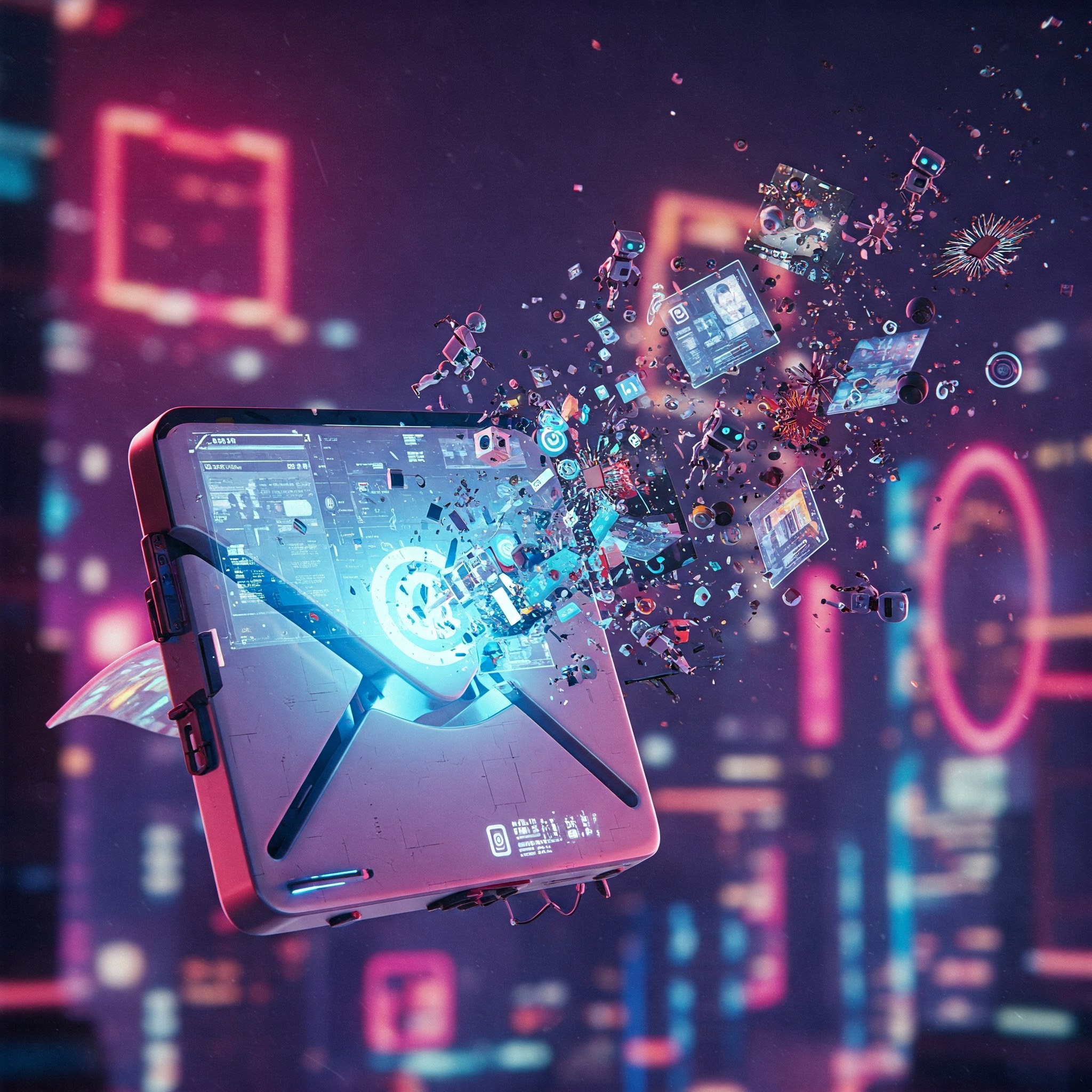The internet’s latest obsession? Turning everything into a Studio Ghibli masterpiece, courtesy of ChatGPT’s newfangled image transformation feature. From White House blunders to corporate mascots getting an anime makeover, everyone’s jumping on the bandwagon. But is this innocent fun, or are we tiptoeing into a legal minefield?
Ghibli-fication: A Trend or a Trespass?
OpenAI’s update, launched late March, allows users to convert images into cartoon styles inspired by animators. And of course, Ghibli’s distinctive warm palettes and hand-drawn aesthetic became ground zero. Social media exploded. Cue the hand-wringing.
Digital marketer Tan Jenn Chye raises a valid point: companies usually bend over backwards to avoid IP infringement. Yet, instructing an AI to mimic Ghibli’s style seems…intentional. Is it suddenly acceptable to ‘borrow’ so blatantly, just because an algorithm is involved?
The Letter of the Law: Style vs. Substance
Here’s where things get murky. Legal eagles suggest existing laws offer surprisingly little recourse. Individuals posting their personal Ghibli-fied selfies? Probably safe. Copyright, it seems, protects specific expressions of an idea, not the style itself. As David Alfred of Drew and Napier puts it, you can’t copyright “soft pastel tones” or “forest-focused themes.”
IP lawyer Cyril Chua echoes this sentiment. You can’t monopolize a style. Ed Sheeran’s copyright case, where accusations of copying Marvin Gaye’s chord progressions were dismissed, serves as a helpful example. A style needs to be pinpointed. If you can’t define it, you can’t protect it.
Commercial Concerns: A Risky Business?
Organizations using AI-generated Ghibli-esque imagery for commercial gain are in trickier waters. An A&W mascot looking like it stepped out of Spirited Away might mislead consumers into thinking there’s an official partnership, potentially harming Studio Ghibli’s licensing deals, says Alfred.
And what about OpenAI itself? Did it infringe on any IP when training its model to produce these Ghibli-inspired images? They claim they used publicly available data, but the New York Times might disagree. OpenAI faces multiple lawsuits, including from Scarlett Johansson, who alleged unauthorized use of her voice for an AI persona.
Natalie Huang of Baker McKenzie Wong & Leow adds that explicitly copying Ghibli’s characters (Totoro, anyone?) for commercial use is definitely a copyright no-no.
Data Privacy Pitfalls: The Hidden Cost of Free AI
Even if you’re not worried about copyright, uploading your photos to these platforms comes with its own set of risks. Khelvin Xu of Covenant Chambers points out that you’re handing over your personal data to OpenAI, which can then use it according to their own terms – potentially in ways you didn’t anticipate.
Remember that ChatGPT bug in 2023 that allowed users to see other people’s conversation titles? Kevin Shepherdson of Straits Interactive sums it up nicely: “In the AI era, there’s no such thing as a free lunch.”
The Creative Conundrum: Art vs. Algorithm
The creative world is divided. Some welcome AI as a tool for efficiency and artistic exploration. Others, like those who criticized the use of AI in The Brutalist, see it as a threat. Even Miyazaki himself famously called AI-generated art an “insult to life itself.” Ouch.
Chua concludes that while AI can mimic the look of a film, it can’t replicate the artwork, script-writing, and music that make a film enjoyable. The soul, if you will. It may be some time before AI gets near combining all of these to create a film.
So, will you be slapped with a lawsuit for your Ghibli-style profile picture? Probably not. But companies looking to capitalize on the trend should proceed with extreme caution. And maybe, just maybe, we should all take a moment to appreciate the actual artistry behind Studio Ghibli’s magic, instead of reducing it to a fleeting AI filter.

